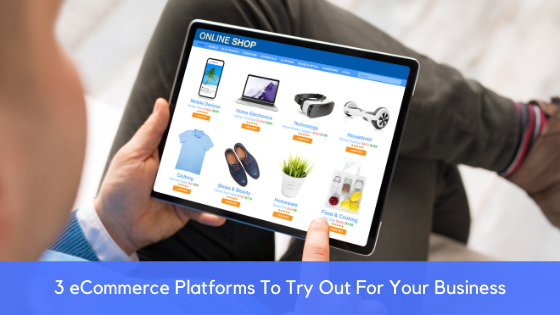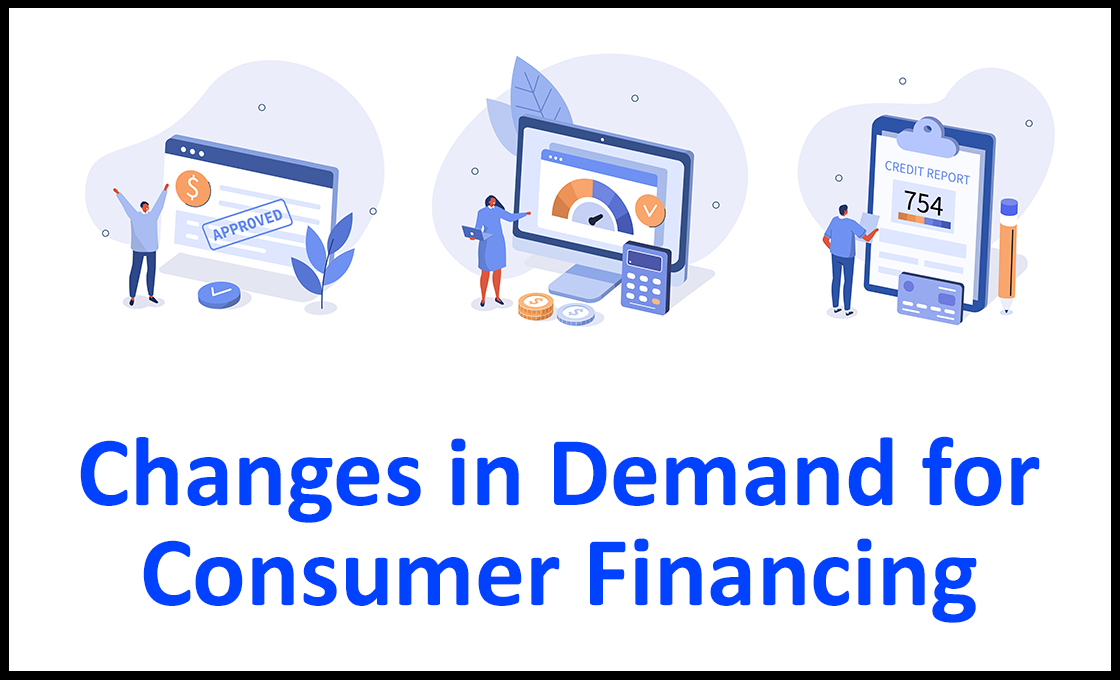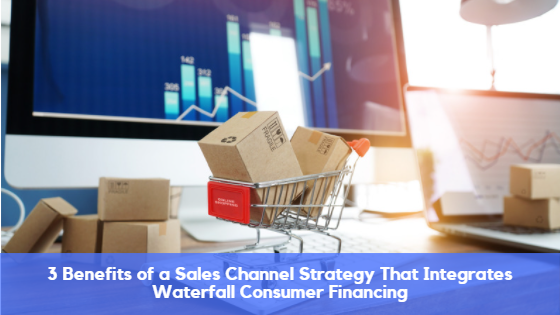Checkout Financing vs. Buying it Outright with a Credit Card
Credit cards have long been a go-to tool for increasing purchasing power. They allow consumers to buy now and pay later, making it possible to afford items that might otherwise be out of reach. For instance, a credit card can bridge the gap if you break your smartphone and need a new one immediately but don’t have the $600 to cover the cost until your next paycheck. However, using a credit card means playing by the issuer’s rules, sometimes leading to high-interest debt and unpredictable payments.
On the other hand, checkout financing—also known as consumer financing—offers a different path to the same goal: giving you access to the products you need when you need them. The key difference? You’re in control of the terms. Whether you’re buying a new phone, furniture, or any other large purchase, checkout financing allows you to choose how you’ll pay it back, often with flexible terms that can be tailored to your budget.
As consumers grow more financially savvy, they increasingly gravitate toward checkout financing, especially for larger purchases. Here’s a closer look at the variables that set credit cards apart from checkout financing and why more shoppers favor the latter.
What Is Checkout Financing?
Checkout financing, also known as Buy Now, Pay Later (BNPL) or point-of-sale lending, allows consumers to divide large purchases into manageable payments over time. Unlike credit cards, which accumulate interest on revolving balances, checkout financing provides a structured repayment plan with set terms, often including zero or low interest rates for the duration of the payment schedule.
This payment option is becoming increasingly popular across online and in-store transactions, with many retailers adopting white-label POS systems to offer customers more flexible payment options.
What Is Buying Outright with a Credit Card?
A credit card lets you purchase items outright and pay off the balance over time. It offers the flexibility to pay for goods and services, earn rewards, and build credit. However, credit card interest rates can be high, ranging between 18% and 26%, making it costly if you don’t pay the balance in full each month. Credit cards also come with minimum payment requirements that fluctuate based on the balance, meaning your monthly payments can vary.
While a credit card provides a revolving line of credit, it can also lead to long-term debt if not managed carefully. Interest accrues on unpaid balances, making it more expensive over time than structured financing options like BNPL.
Flexible Terms: Checkout Financing vs. A Credit Card
One of the most significant differences between checkout financing and a credit card is the flexibility of terms. With checkout financing, you’re often presented with multiple repayment plans, allowing you to select the option that best suits your budget. For example, you can choose a six-month, 12-month, or 24-month plan with fixed monthly payments, and you know exactly what your interest rate will be, if any.
On the other hand, a credit card comes with fixed terms dictated by the card issuer. This includes a set APR that applies to all purchases without negotiation. If you carry a balance, you’ll be subject to this interest, which compounds as long as you owe money.
Controlled Payments: Why Checkout Financing Is More Predictable
One of the main attractions of checkout financing is the ability to control payments. With this type of financing, you have a predictable monthly fee that remains consistent throughout the repayment period. This is beneficial for budgeting, as you know how much to allocate monthly.
In contrast, with a credit card, your minimum payment can change monthly based on your spending and interest accrued. This lack of consistency can make it harder to plan your finances. Credit card debt can grow if you make new purchases without paying off your balance, adding to the unpredictability.
Set Payoff Date
Another critical advantage of checkout financing is the set payoff date. When you use checkout financing, you agree to a specific payment term: six months, 12 months, or longer. This means you know exactly when your loan will be fully paid off, giving you a clear timeline for eliminating the debt.
A credit card doesn’t offer this type of certainty. Because credit cards revolve, every new purchase can extend your payoff date. As a result, you can carry a balance indefinitely if you only make minimum payments, which can lead to accumulating interest over time.
Competitive Interest Rates: Checkout Financing vs. A Credit Card
Interest rates are another crucial factor when deciding between checkout financing and a credit card. With checkout financing, you often have access to lower interest rates, and in many cases, you may qualify for 0% APR if you pay off the loan within a specified period. This can make checkout financing much cheaper than a credit card, especially for large purchases.
In contrast, interest rates tend to be higher, ranging from 18% to 26%, depending on the card and your credit score. Once you carry a balance on your credit card, interest starts to accrue, making it more expensive to repay.
Impact on Credit Score
Checkout financing and credit cards operate differently when it comes to how these options affect your credit score. Charging a large amount to your credit card can increase your credit utilization ratio, which could negatively impact your credit score if the balance remains high. This ratio compares your credit card balance to your credit limit, and a higher ratio can drag down your score until the balance is paid off.
Checkout financing works more like a personal loan, meaning that if you make on-time payments, it can improve your credit score. Additionally, because checkout financing doesn’t involve a revolving line of credit, there’s no impact on your credit utilization ratio.
Why More Shoppers Are Choosing Checkout Financing
The underlying theme across all these differences is control. Checkout financing gives consumers more say in managing their payments, from choosing the repayment schedule to knowing exactly when the loan will be paid off. This level of transparency and predictability is a big reason why more shoppers opt for checkout financing, especially for larger purchases.
As embedded finance platforms and BNPL white-label solutions become more widespread, consumers increasingly favor financing options that allow them to take control of their debt without the uncertainty associated with credit cards.
Conclusion: Which Option Is Right for You?
Deciding between checkout financing and using a credit card depends mainly on your financial situation and purchasing needs. If you’re looking for predictable payments, lower interest rates, and a set payoff date, checkout financing may be the better option, especially for large purchases. On the other hand, a credit card could be the right choice if you’re seeking more flexibility with revolving credit and want to take advantage of rewards programs.
Ultimately, both checkout financing and credit cards have their place. You can choose the best option for your financial goals by understanding the key differences.





